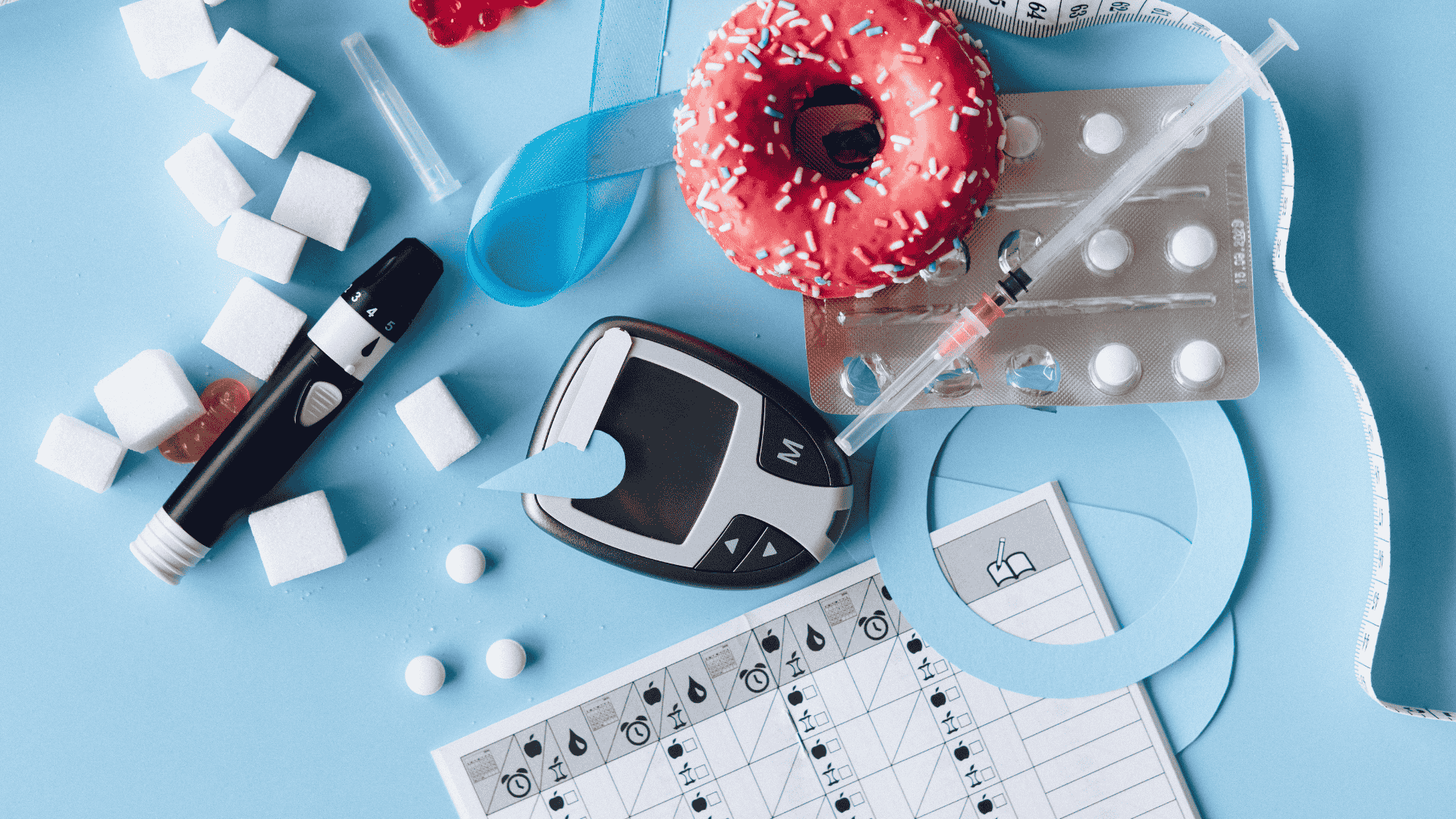Subtotal $0.00
Medical weight loss can be a significant tool for the management of diabetes.
Weight Loss and Type 2 Diabetes:
- Prevention: Clinical trials in individuals with impaired glucose tolerance (IGT) have shown that it is possible to prevent or at least delay the development of type 2 diabetes through lifestyle and/or pharmacological interventions that aim to reduce body weight.
- Management: For people with type 2 diabetes who are overweight, it is recommended to support them to lose at least 5% of their weight by reducing calorie intake and increasing energy expenditure.
- Remission: Recent evidence challenges the idea that type 2 diabetes is an incurable progressive condition. People who can be supported to lose 10–15 kg of body weight through lifestyle, pharmacological, or surgical treatment can enter remission.
- Glycaemic Control: Even a 10% reduction in weight in patients with co-morbidities like diabetes can lead to a 30–50% fall in fasting blood glucose and a 15% fall in HbA1c.
- Cardiovascular Risk: Weight loss, along with regular exercise and stopping smoking, reduces cardiovascular disease (CVD) risk, irrespective of lipid levels.
Methods of Medical Weight Loss for Diabetes:
- Lifestyle Interventions: These aim to reduce body weight, dietary fat intake (especially saturated fat), while increasing dietary fibre and moderate physical activity (approximately 30 minutes a day).
- Pharmacological Interventions:
- Drugs like metformin and orlistat can reduce the incidence of diabetes, but they are generally less effective than lifestyle changes. Orlistat, a pancreatic lipase inhibitor, is licensed for weight loss in the UK for individuals with a BMI over 30 kg/m².
- GLP-1 receptor agonists can suppress appetite and have been used to treat obesity and type 2 diabetes. They also cause weight loss, making them suitable for people with obesity and diabetes.
- SGLT2 inhibitors, used for type 2 diabetes, have been shown to lower body weight and improve cardiovascular outcomes.
- Bariatric Surgery:
- Bariatric surgery is a treatment option for people with severe obesity (BMI higher than 40 kg/m² or more than 35 kg/m² with co-morbidities like diabetes).
- Common operations like gastric bypass and sleeve gastrectomy can lead to a mean weight loss of approximately 30% and diabetes remission in up to 70% of people, depending on the duration of diabetes.
- NICE recommends considering bariatric surgery for those with hypertension and a BMI over 35 kg/m², especially with type 2 diabetes, noting its profound BP-lowering effect.
- Bariatric surgery has been shown to significantly improve weight loss (23–37 kg maintained up to 8 years) and is associated with improvements in quality of life and co-morbidities, including a reduced risk of cardiovascular events and mortality.
- Bariatric surgery can normalize elevated blood glucose, with the effect on glucose sometimes preceding weight loss, suggesting a direct metabolic effect.
Considerations:
- Individualized Approach: Dietary advice for people with diabetes should be individualized and culturally sensitive.
- Multidisciplinary Team: Management of diabetes, especially in pregnancy or with established disease, should involve a multidisciplinary team including dietitians.
- Long-term Management: Achieving and maintaining weight loss requires prolonged dieting and permanent changes in eating habits.
Monitoring and Supplements: Post-bariatric surgery, careful monitoring of nutrient status and supplementation of vitamins and minerals are necessary.




